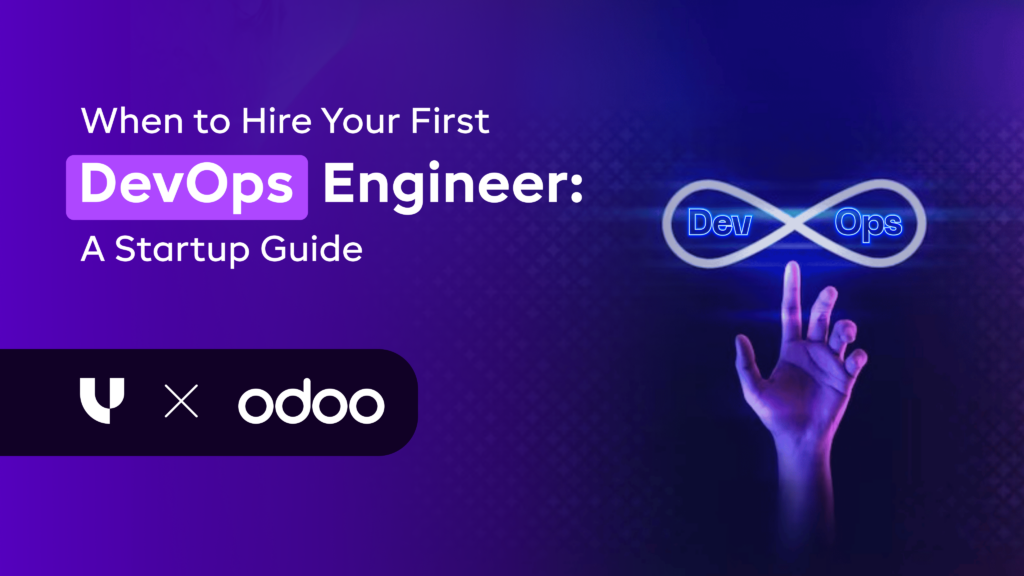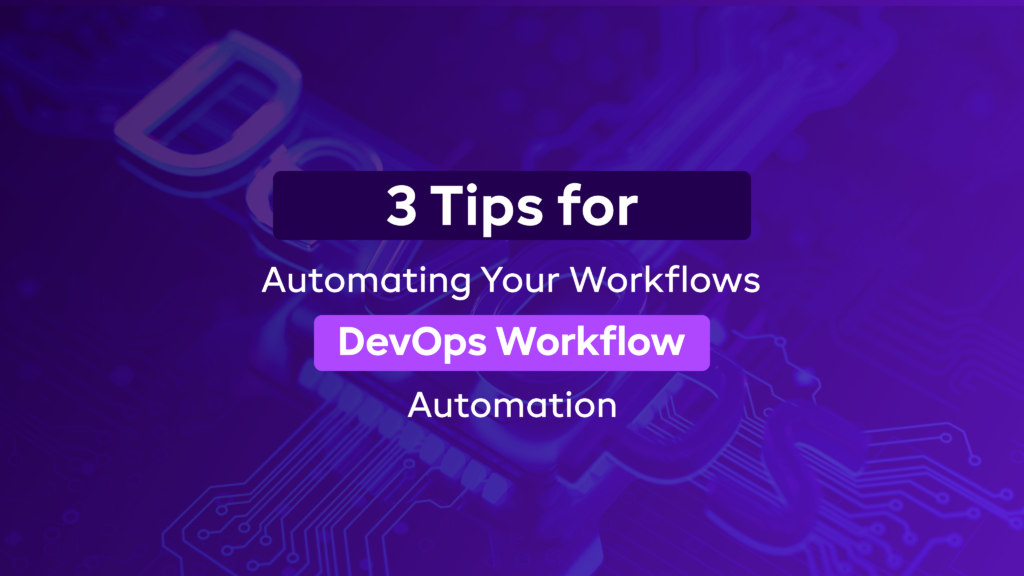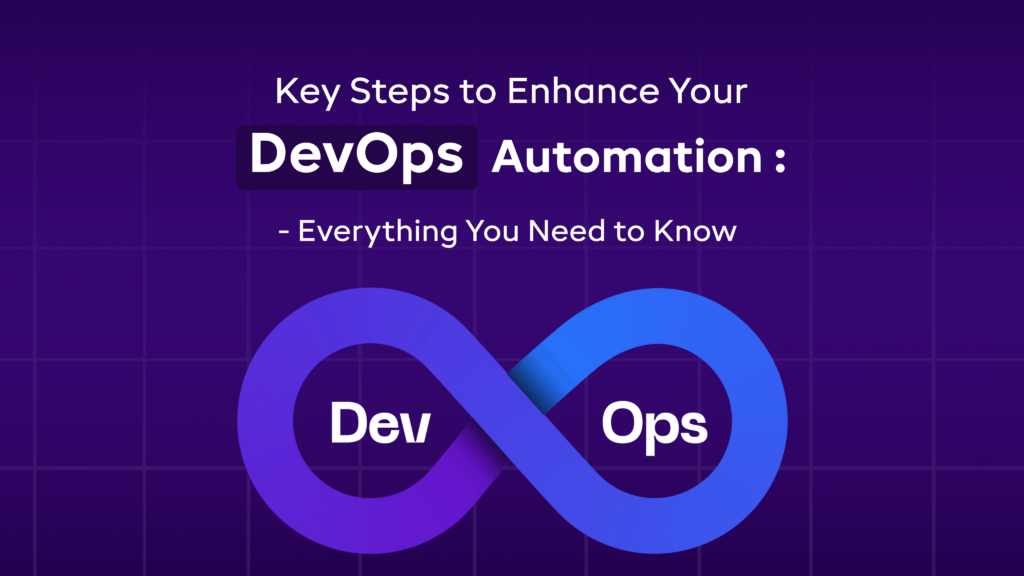When to Hire Your First DevOps Engineer: A Startup Guide
Published on July 1st 2025

Introduction
When scaling your startup to the next stage, you might find yourself asking the question: ‘Do we need a DevOps engineer?’While you can introduce automation to your operations early on, there comes a point in your growth where you need manual intervention to scale effectively.
Therefore, in this guide, we take a closer look at the various scenarios in which you should plan to hire DevOps engineers for your operations. Let’s get started.
Role of A DevOps Engineer - What Do They Do?
To determine whether your startup genuinely requires a DevOps engineer, first understand their role and responsibilities. A DevOps engineer is in charge of bridging the gap between operations and development by optimizing procedures such as code deployment, infrastructure management, and continuous monitoring.
Here are the primary responsibilities of a DevOps engineer:
-
Infrastructure Management:
DevOps engineers design, build, and maintain the infrastructure that supports your applications. Whether you're utilizing Google Cloud, AWS, or another provider, a DevOps engineer makes sure your networking, servers, and databases are correctly configured, scalable, and robust. They are responsible for duties such as deploying cloud resources, managing storage, and configuring load balancers. -
CI/CD Pipeline Setup:
One of the most critical responsibilities of a DevOps engineer is to establish a CI/CD (Continuous Integration and Continuous Deployment) pipeline. This speeds up and improves the dependability of code by automating its testing and deployment. Instead of manually sending code to production, a well-designed CI/CD pipeline enables developers to release updates with assurance. -
Monitoring and Incident Management:
When you hire dedicated DevOps engineers, they continually monitor your infrastructure and apps to detect issues before they affect users. They implemented automatic warning systems to swiftly detect and fix situations such as crashes, slowdowns, and outages. This assures maximum uptime and a smooth user experience. -
Compliance and Security:
When scaling a startup, it's essential to maintain compliance with meeting and security standards (such as SOC 2, HIPAA, or GDPR), which become increasingly critical. A DevOps engineer ensures your data is protected, systems are secure, and access is controlled. They also ensure that your infrastructure meets industry-specific compliance standards. -
Scalability:
As your business grows, managing security and adhering to compliance regulations (such as SOC 2, HIPAA, or GDPR) becomes crucial. A DevOps engineer ensures that your systems are secure, access is restricted, and data is safeguarded. They also ensure that your infrastructure fulfills industry-specific regulatory requirements.
Signs Your Startup Needs A DevOps Engineer
As your startup expands, its infrastructure and development workflows will face increasing demands. Here are some critical indicators that it may be time to hire DevOps experts:
#1. Increased complexity in infrastructure
As your infrastructure becomes more sophisticated, manually controlling everything can lead to errors, inefficiencies, and slowdowns. You may be leveraging multiple cloud services, managing several environments (such as staging, production, and development), or implementing microservices. As the complexity increases, maintaining everything without specialized knowledge becomes difficult.
#2. Development bottlenecks and developer burnout
Do your developers spend more time troubleshooting infrastructure issues or maintaining deployment pipelines than they do developing new features? When engineers spend too much time maintaining infrastructure, it reduces their productivity and innovation. The more time they spend on operational activities, the less time they have to devote to development, which may lead to burnout. It’s the best time to hire a DevOps engineer.
#3. Frequent downtime or deployment failures
One of the most visible warning flags is when deployment errors become prevalent or when downtime exceeds acceptable levels. This can occur as a result of poor configuration management, insufficient automation, and inadequate monitoring. Recovery from events can often be excruciatingly delayed, creating inconvenience to customers.
#4. Security and Compliance requirements
As your business expands, so will your security and compliance requirements. Meeting laws like SOC 2 or HIPAA necessitates meticulous tracking, monitoring, and regular audits. Security becomes a full-time problem when you handle more consumer data and expand operations.
Want to start a project with us?
Empowering businesses to achieve greatness through strategic guidance and innovative solutions.
Book A Demo
Key Scenarios for Hiring A DevOps Engineer
Timing is crucial, especially when hiring a DevOps engineer. Hiring early may put budget constraints in place, while hiring too late can limit your growth.Here are several telltale signals that your firm is ready to hire a DevOps developer.
#Scenario 1: Developers spend too much time on infrastructure
When your developers spend more time managing infrastructure than on real product development, it's evident that you want assistance. As teams grow, maintaining multiple environments (development, staging, and production) and dealing with repetitive processes, such as manual server provisioning, becomes a significant time drain.
What to look for:
- Developers are continually addressing infrastructural challenges.
- Long deployment times owing to manual operations.
- Time spent resolving difficulties rather than developing features.
What can a DevOps engineer do?
A dedicated DevOps engineer can enhance your deployment pipelines, streamline repetitive tasks, and enable your engineers to concentrate on development. This leads to shorter development cycles and increased team productivity.
#Scenario 2: Manual deployments are failing too often
Frequent deployment failures are a major productivity killer, indicating a lack of automation and consistency in your procedures. As your infrastructure grows in complexity, downtime and failures may compromise the dependability of your offering.
What to look for:
- Frequent outages or unsuccessful deployments.
- Long recuperation times following events.
- Manual steps result in slow or irregular deployments.
What can a DevOps engineer do?
An expert DevOps engineer will set up suitable CI/CD pipelines, resulting in speedier deployments and automatic rollbacks when problems arise. They'll also focus on infrastructure health and monitoring to catch issues before they affect your users.
#Scenario 3: Startup size and engineering team growth
As your business expands, so will the difficulty of maintaining infrastructure. When your engineering team reaches 5-10 developers, it's usually time to recruit a DevOps engineer. At this scale, the requirement for efficient automation and infrastructure management becomes even more crucial, as engineers often have numerous roles.
What to look for:
- Your engineering staff has increased, making regular production modifications more challenging to manage.
- Developers are spending more time managing pipelines and infrastructure than coding.
- The number of services, environments, and deployments is continually expanding.
What can a DevOps engineer do?
A DevOps engineer for hire can help keep things moving smoothly by streamlining deployment pipelines, automating infrastructure management, and ensuring that your expanding workforce remains productive. They will also ensure that as the number of services and environments grows, your infrastructure scales efficiently.
Conclusion
Choosing when to recruit your first DevOps engineer is a crucial milestone for any growing company. As your infrastructure becomes more complex and your development team expands, the need for a dedicated DevOps resource will become apparent.
However, once you hire a DevOps engineer in India, you may dramatically reduce the time taken to stay ahead in your operations. Experience the change with professionals who make a difference - book a call with Uncanny Consulting Services LLP today.

About Author

